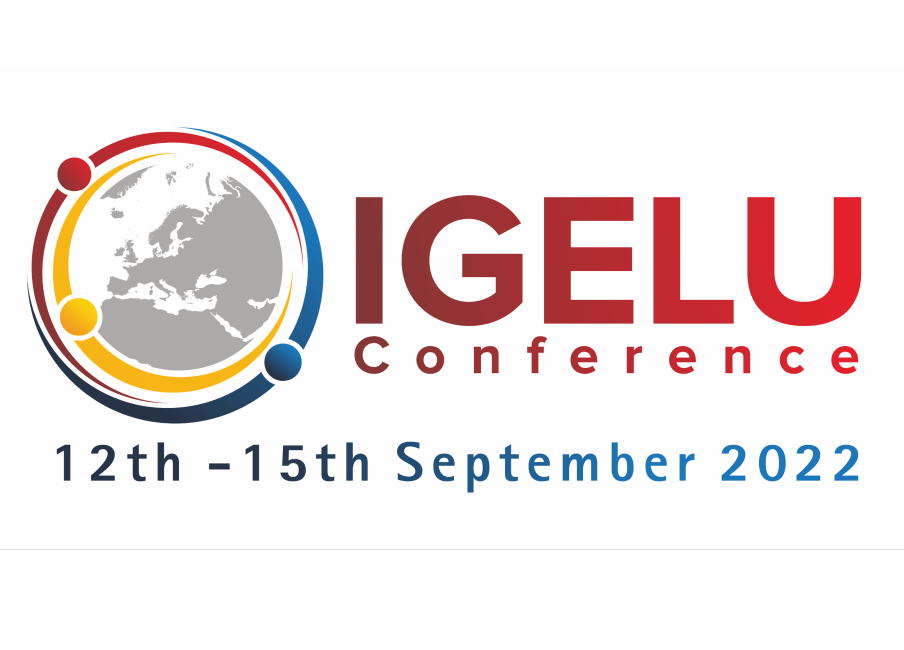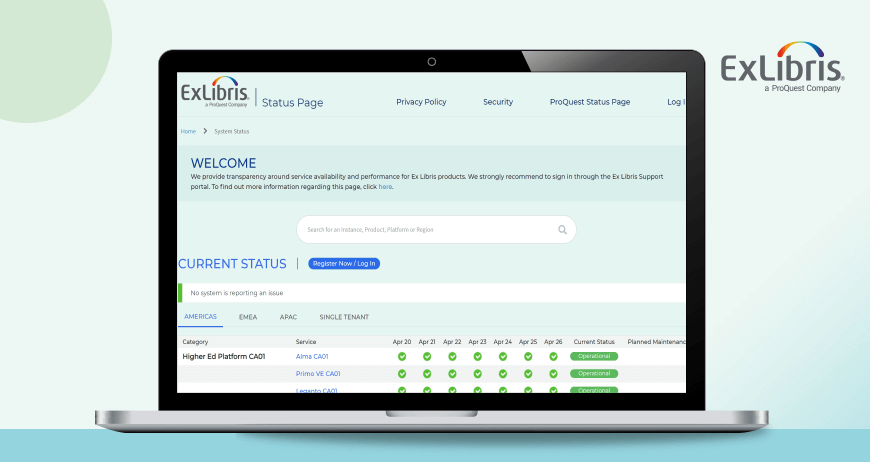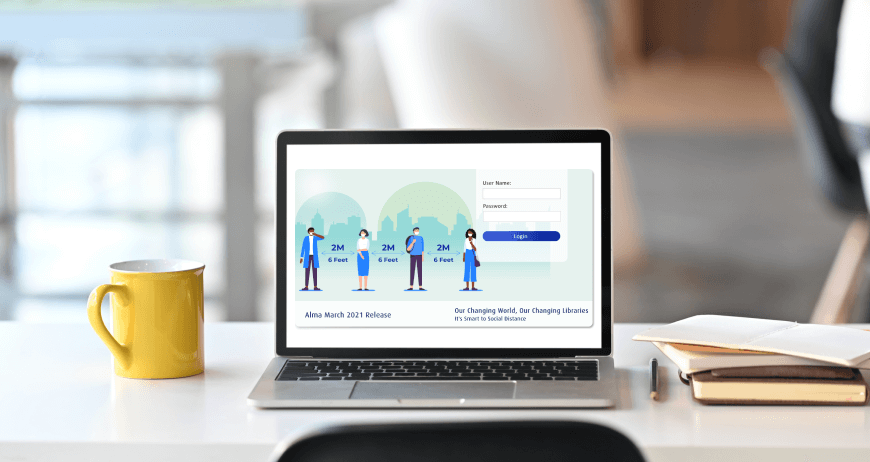Christine Stohn, Product Manager Discovery & Delivery, Ex Libris
I recently had the opportunity together with Pascal Calarco, University Librarian at Windsor University and John G. Dove, Consultant at Paloma & Associates, to present some of the work we are doing at NISO, the National Information Standards Organization at the Charleston Conference 2016. We had great attendance, and even more important, an audience that was clearly engaged with the issues discussed. I would like to follow up on this with a few blog posts. This first blog post describes the discovery and delivery landscape and related NISO work and will be followed next month by a few shorter posts about individual work groups and their assignments.
The discovery and access landscape for scholarly information is a complicated one which relies on the interaction of numerous stakeholders. Users have many different entry points, including discovery systems such as Primo and summon, A&I databases such as Pubmed, web search engines such as Google or Google Scholar, social media, reference managers such as Mendeley or RefWorks, publisher webpages and so on. Ideally, users see immediately what they have access to and a click on the link in the metadata takes them to the “appropriate copy” – the copy their institutions provides them access to – either via the OpenURLlink resolver or via a direct link.

Information providers, such as publishers or aggregators, provide metadata for discovery to discovery system vendors and to search engines. They also provide title lists for link resolvers to track their global offerings and to provide institutions with lists of titles they are entitled to access, whether because they subscribe to it or because the title is freely available. Institutions and their libraries, on the other hand, localize their OpenURL link resolver knowledge bases with their holdings and use the knowledge bases to compare and manage their package deals and consortia entitlements. Knowledge base and discovery system vendors such as Ex Libris , OCLC, or EBSCOingest and update the data for discovery, for availability indication, and for linking. In addition, all these stakeholders need information about usage of this data to help shaping their offerings and optimize their discoverability and access.

Collaboration beyond institutional and company borders is essential in this sort of landscape. This is why NISO – the National Information Standards Organization – plays such a vital role in this industry. Headed by Todd Carpenter, NISO brings all stakeholders together in a neutral environment to form work groups for defining recommendations, standards and guidance that help to enable and optimize the required interactions and processes. NISO therefore relies on the support of the community that it serves.
That is why Pascal, John and I are all members of the NISO D2D (Discovery to Delivery) topic committee, chaired by Pascal and Peter Murray (Index Data). (For the full roster please see the NISO D2D page.) We meet once a month in a telephone conference to discuss industry trends, identify areas where standards and recommendations can provide guidance, and help and oversee the work of the individual NISO discovery and delivery related work groups and standing committees. In addition we are also participating in individual work groups. For example, I am a member of the KBART standing committee and the Link Origin working group, and I have worked in the past on ALI (Access and License Indicators) and Altmetrics.
The D2D work does not always lead to standards or recommendations. We also commission research work. For example, a white paper about the future of discovery, written by Marshall Breeding, was commissioned and published in 2015. Currently we are discussing a proposal for research work associated with the discovery of open access material. My next blog posts will describe the following initiatives in more detail:
- KBART and KBART automation
- Link Origin tracking
- ODI (Open Discovery Initiative)
- ALI (Access and License Indicators)
Stay tuned!
You might also be interested in

Alma
Esploro
Leganto
Summon
Community
Employees
Higher Education
October 13, 2022 |
14 min read
Improving UX Design through Library Management System

Community
IGeLU
July 06, 2022 |
1 min read
IGeLU 2022 is in person!

Community
April 27, 2021 |
2 min read
It’s All About Data Transparency: An Introduction to Ex Libris’ New Status Page
Great library experiences start with software
Download whitepaper

Community
COVID-19
April 26, 2021 |
3 min read
2021 ELUNA Annual Meeting together with Ex Libris Knowledge Days

Leganto
Community
Teaching and Learning
April 26, 2021 |
5 min read
The Data Doesn’t Lie: Aussies Love Leganto

Alma
Community
April 22, 2021 |
3 min read
The ANZREG Alma Cloud Apps Virtual Hackathon

Alma
Community
Employees
March 30, 2021 |
3 min read
Meet Our Team: Get to Know Lili Daie

Alma
Community
COVID-19
March 18, 2021 |
2 min read
Alma Login Screens 2021 – Part 2

